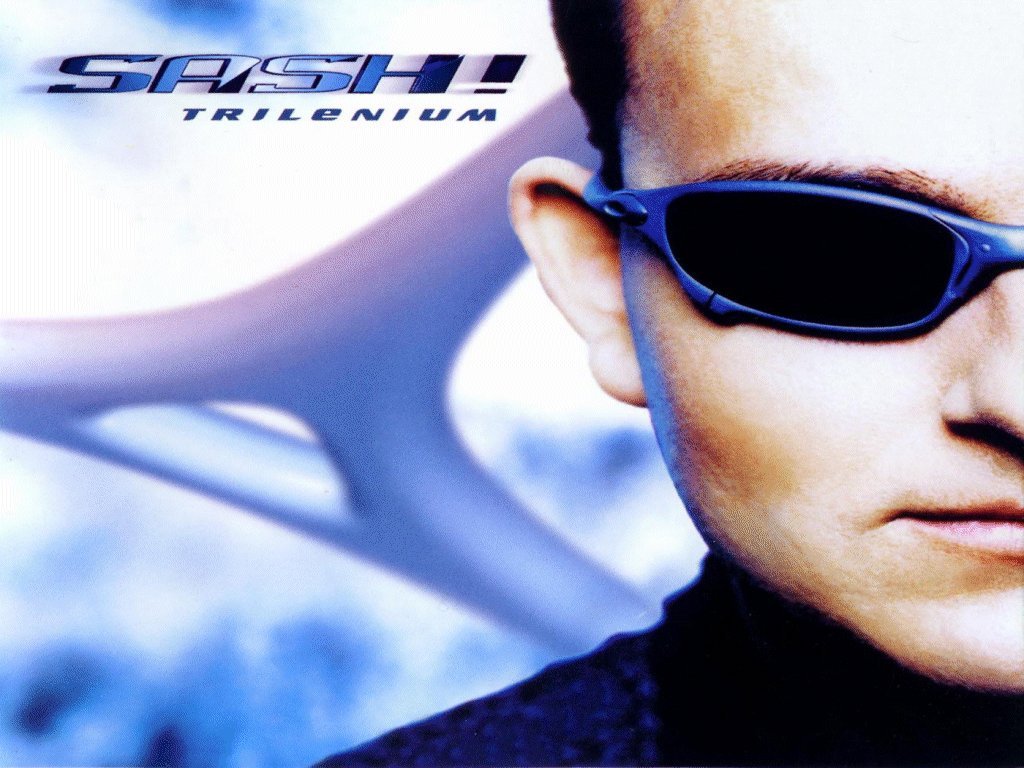Les maîtres du temps
Les Maîtres du temps est un film d’animation réalisé par René Laloux sur des dessins de Mœbius, sorti en . C’est l’adaptation du roman de science-fiction L’Orphelin de Perdide de Stefan Wul, paru en 1958.
Synopsis:
Dans un futur lointain, Claude et son jeune fils Piel tentent de fuir sur la planète Perdide, un monde hostile peuplé de créatures dangereuses. Pris en chasse par des insectes géants, Claude est mortellement blessé mais parvient à contacter son ami Jaffar, un aventurier spatial, lui demandant de secourir Piel, laissé seul avec un émetteur radio.
À bord de son vaisseau, Jaffar voyage avec le prince Matton et sa compagne Belle. Après avoir reçu l’appel de détresse, il décide de venir en aide à Piel et fait escale sur la planète Devil’s Ball pour recruter Silbad, un vieil homme connaissant Perdide. Ce dernier guide Piel à distance via la radio pour l’aider à survivre.
Le temps est une illusion
- Le temps n’est pas linéaire, il est simultané. Tout, y compris le passé et le futur se passe en ce moment. Les vies antérieures sont en fait des vies parallèles. Le temps est une construction 3D créée par l’homme. Dans les dimensions supérieures, le temps n’existe pas parce que nous vivons tout se qui se passe simultanément dans le maintenant en tant que UN.
![]()
![]()
![]()
![]()
![]()
![]()
The Masters of Time
The Masters of Time is an animated film directed by René Laloux based on drawings by Mœbius, released in 1982. It is an adaptation of the science fiction novel The Orphan of Perdide by Stefan Wul, published in 1958.
Synopsis:
In the distant future, Claude and his young son Piel attempt to escape to the planet Perdide, a hostile world populated by dangerous creatures. Chased by giant insects, Claude is mortally wounded but manages to contact his friend Jaffar, a space adventurer, asking him to rescue Piel, who is left alone with a radio transmitter.
Aboard his ship, Jaffar travels with Prince Matton and his companion Belle. After receiving the distress call, he decides to come to Piel’s aid and stops on the planet Devil’s Ball to recruit Silbad, an old man who knows Perdide. Silbad guides Piel remotely via radio to help him survive.
Time is an illusion
- Time is not linear, it is simultaneous. Everything, including the past and future is happening right now. Past lives are actually parallel lives. Time is a 3D construct created by man. In the higher dimensions, time does not exist because we experience everything happening simultaneously in the now as ONE.
![]()
![]()
![]()
![]()
![]()
![]()
Maeștrii timpului
Maeștrii timpului este un film de animație regizat de René Laloux bazat pe desene de Mœbius, lansat în 1982. Este o adaptare a romanului științifico-fantastic The Orphan of Perdide de Stefan Wul, publicat în 1958.
Rezumat:
În viitorul îndepărtat, Claude și tânărul său fiu Piel încearcă să evadeze pe planeta Perdide, o lume ostilă populată de creaturi periculoase. Urmărit de insecte uriașe, Claude este rănit de moarte, dar reușește să-și contacteze prietenul Jaffar, un aventurier în spațiu, cerându-i să-l salveze pe Piel, rămas singur cu un transmițător radio.
La bordul navei sale, Jaffar călătorește cu Prințul Matton și însoțitoarea sa Belle. După ce a primit apelul de primejdie, el decide să vină în ajutorul lui Piel și se oprește pe planeta Balul Diavolului pentru a-l recruta pe Silbad, un bătrân care o cunoaște pe Perdide. Acesta din urmă îl ghidează pe Piel de la distanță prin radio pentru a-l ajuta să supraviețuiască.
Timpul este o iluzie
Timpul nu este liniar, este simultan. Totul, inclusiv trecutul și viitorul, se întâmplă chiar acum. Viețile anterioare sunt de fapt vieți paralele. Timpul este o construcție 3D creată de om. În dimensiunile superioare, timpul nu există pentru că experimentăm tot ceea ce se întâmplă simultan în prezent ca UNUL.

Stéphane Guibert (Facebook) / Stéphane Guibert (VK) / CrowdBunker
![]()









